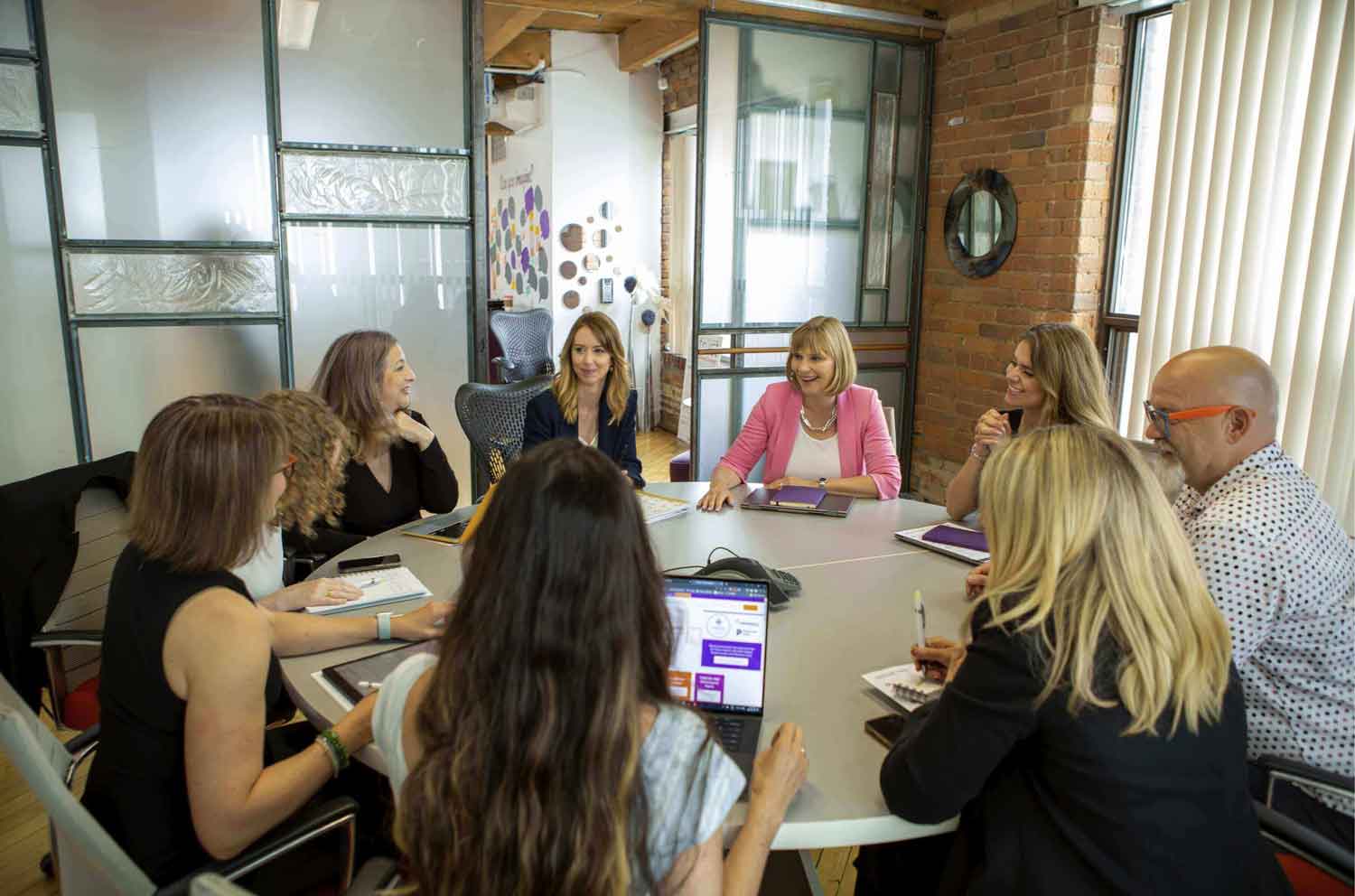79% of senior execs are hoping to improve their career this year, which could include jumping to another employer. So reports a survey by the Association of Executive Search Consultants (whoever they are). The head of the association suggests that, in order to get a shot a new opportunities, execs need to develop their personal brand, nurture a vibrant network and focus on a well thought out career plan. Today’s blog is my personal pet peeve around how I’m seeing people try to “nurture a vibrant network” by flogging themselves on LinkedIn. Continue reading only if you’re ready for a bit of a rant.
Let me start by saying that I understand different people have different strategies for using networking tools like LinkedIn. Here’s mine: if you’re on my LinkedIn network it’s because:
- I know you (we’ve worked together, went to school together, etc.)
- We’ve met in a professional capacity and I want to get to know you better
- You follow our blog, are a member of The Executive Roundtable community and/or we have a mutual connection who I highly respect and we’ve had a chat on the phone so there’s a connection of some kind.
That’s it… that’s who’s on my LinkedIn. Social media people will tell you to be an “open” networker. That’s fine. That’s just not what I’ve chosen to do.
So, here’s the thing that’s making me crazy about LinkedIn right now… people who identify themselves as my “friends” to bypass having to put in my email address in an attempt to connect to me or (in more likelihood) my network and then send me some generic line that says “I’d like to add you to my professional network on LinkedIn”. I’m now fielding about 10 of these requests a day and I want to go on record by saying…
This is NOT the way to “nurture a vibrant network”. This is the way to annoy and irritate people who have to read your request and spend time guessing if they do actually know you.
I polled a few of our members to see if they were having the same issue and everyone rolled their eyes and groaned. When I asked people what they did with the requests (I tend to send a polite note back asking people how exactly I know them…), they overwhelming said that they just throw these types of requests in the trash.
I absolutely believe that LinkedIn can be a powerful tool to help leaders stay top-of-mind (to use some ad lingo) with their networks and help you communicate your personal brand. I’ve personally found it hugely helpful when I’m stumped and need advice or referrals. But that’s because my network is actually real… not filled with people who are accumulating network connections like notches on the bedpost.
There is no short-cut to building and maintaining a healthy external network. It takes time and attention. LinkedIn can enable it, but it definitely can’t replace it. And, please don’t be a LinkedIn SPAMmer. If you do try to connect with someone you don’t know, at least give them a couple of good reasons why they should add you to their network. Sincerity and authenticity still goes a long way in the online world.
Happy leading!




